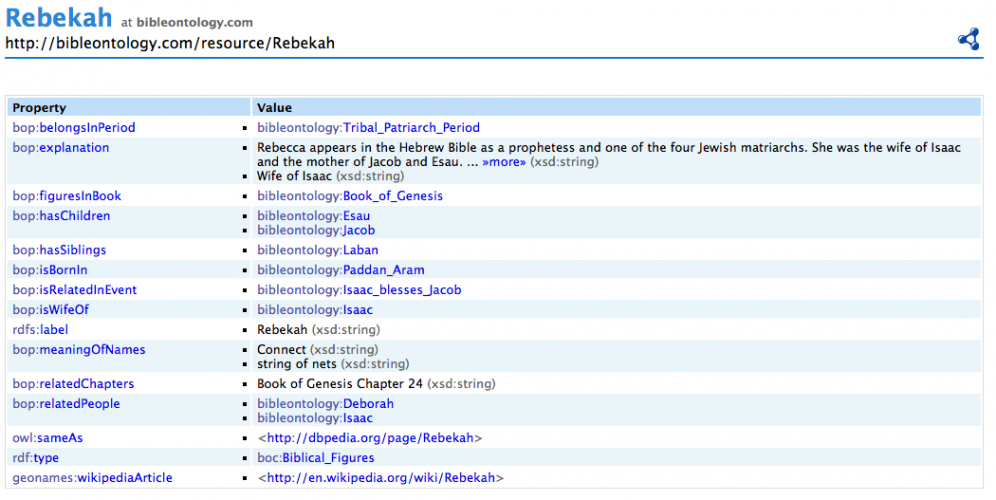What are the right ontologies for reading? And what kind of ontology support would let books recombine themselves, on the fly, in novel ways?
Today keyword searches within books and book collections is commonplace, highlighting a word in your ebook reader can bring up a definition, and dictionaries grab recent examples of word use from microblogs. ((In 2003, Gregory Crane wrote that “Already the books in a digital library are beginning to read one another and to confer among themselves before creating a new synthetic document for review by their human readers.” When I first read it in 2006, that article seemed incredibly visionary to me. Yet these commonplace “syntheses” no longer seem extraordinary to me.)) But can’t we do more? But what kind of synthesis do we need (and what is possible) for supporting readers of literature, classics, and humanities texts?
Current approaches seem to aim at analysis (e.g. getting an overview of the literary works of a period with “distant reading”/”macroanalysis”) and at creating flexible critical editions (e.g. structural, sometimes overlapping markup, as in TEI-based editions and projects like Wendell Piez’ Sonneteer ((currently offline, but brilliant; do check back, meanwhile see also his Digital Humanities 2010 talk notes)).) I would call these “sensemaking” approaches rather than tools for reading.
I was intrigued by the Bible Ontology ((It’s a bit disingenuous to advertise their work as an ontology: in fact they have applied the ontology, rather than just creating it.)) because of their tagline: “ever wanted to read and study the Bible Ontologically?” Yet I don’t really know what they mean by reading ontologically ((even though I’ve given a talk about supporting reading with ontologies!)).
Of course, they have recorded various pieces of data. For instance, for Rebekah, we see her children, siblings, birthplace, book and chapters she figures in, etc.: http://bibleontology.com/page/Rebekah. ((The most meaningful of their terms is the bop:isRelatedInEvent, perhaps since these events, like Isaac_blesses_Jacob, would require more analysis to discern.))
They offer a SPARQL endpoint, so you can query. For instance, to find all the married women ((Gender is not recorded so we can’t (yet) ask for all the women overall, though I’ve just asked about this.)) (live query result):
PREFIX bop: <http://bibleontology.com/property/>
select ?s ?o where {?s bop:isWifeOf ?o }
Intense and long-term work has gone into Bible concordances, scholarship, etc., so it seems like a great use case for “reading ontologically”. With theologians and others looking at the site, using the SPARQL endpoint, etc., perhaps someone will be able to tell me what that means!
